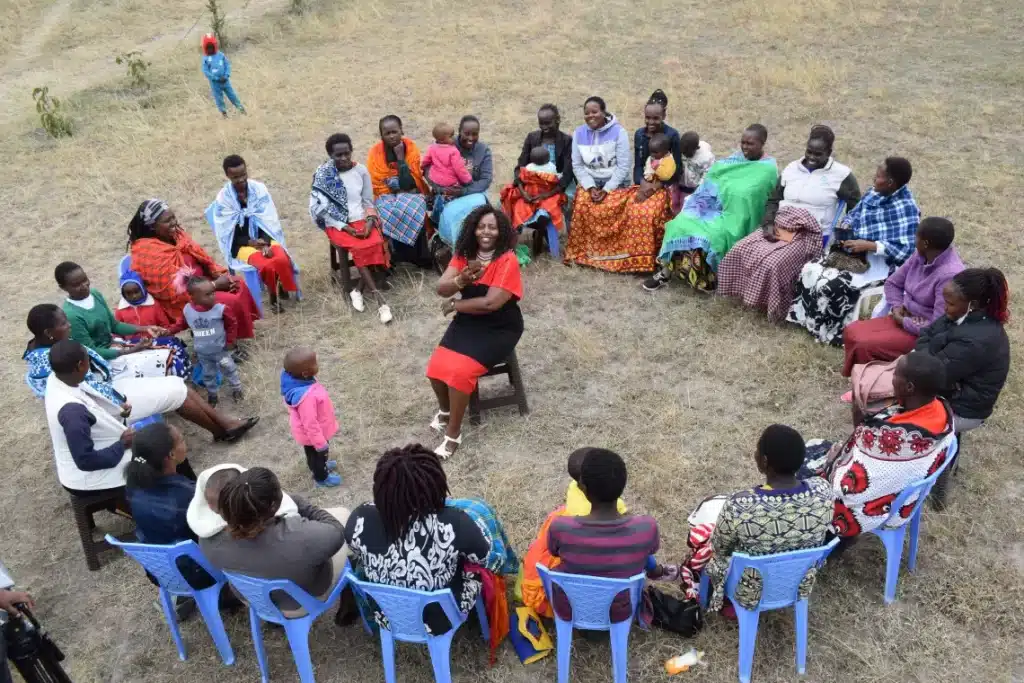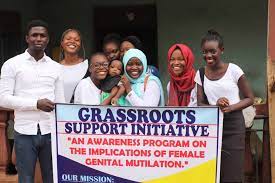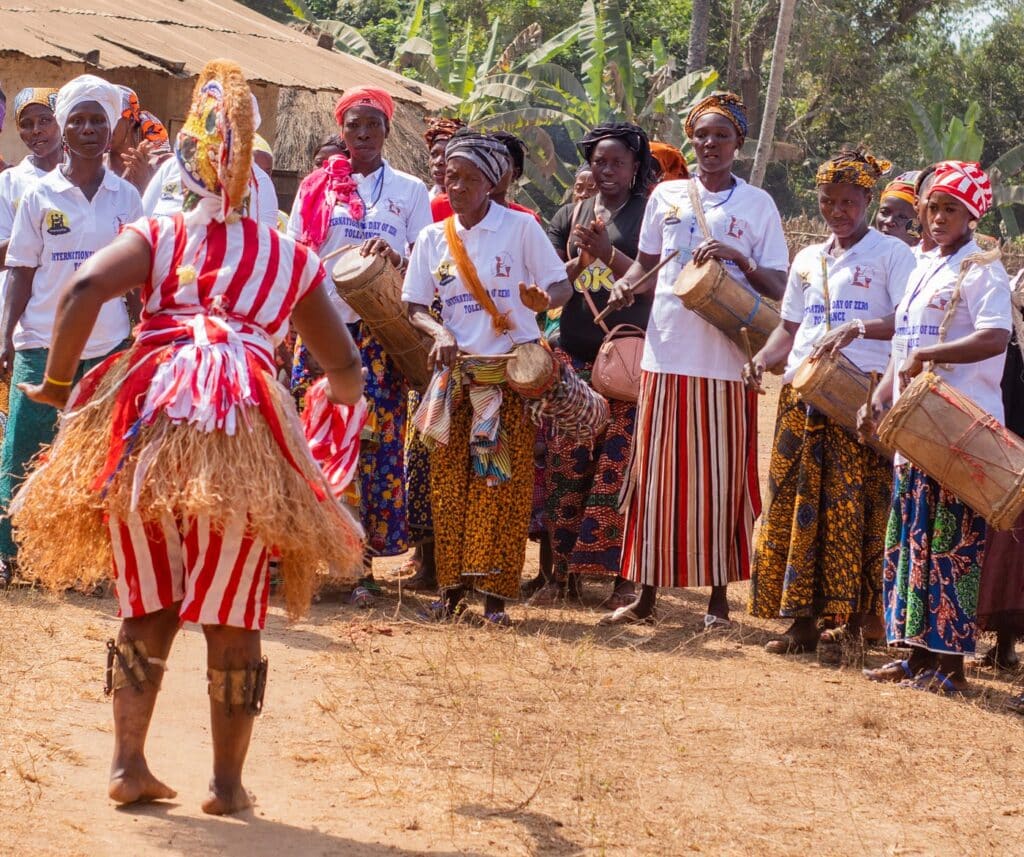Grassroots activism and community-led initiatives have emerged as powerful catalysts in the global movement to end female genital mutilation (FGM) and advance gender equality and women’s rights. In communities where FGM is prevalent, grassroots activists and local organizations play a pivotal role in challenging harmful cultural norms, raising awareness, and advocating for change from the ground up. These initiatives are driven by individuals who are deeply rooted in their communities, making them uniquely positioned to effect lasting transformation.

One of the key strengths of grassroots activism lies in its ability to engage directly with affected communities, fostering trust, dialogue, and collaboration. By working closely with community members, activists can tailor their strategies to address the specific cultural, social, and economic factors that perpetuate FGM. This approach ensures that solutions are contextually relevant and responsive to the needs and realities of those most impacted by the practice.

Community-led initiatives also prioritize the empowerment of women and girls, recognizing them as agents of change in the fight against FGM. Through education, training, and leadership development programs, these initiatives equip women and girls with the knowledge, skills, and confidence to challenge harmful practices, advocate for their rights, and effect meaningful change within their communities. By amplifying the voices of those directly affected by FGM, grassroots activism helps to shift power dynamics and dismantle entrenched patriarchal structures.

Furthermore, grassroots activism fosters collective action and solidarity, creating networks of support and resilience that transcend geographic and cultural boundaries. Through community organizing, advocacy campaigns, and public awareness-raising activities, grassroots activists mobilize allies and stakeholders at the local, national, and international levels to join the fight against FGM. These coalitions amplify the impact of individual efforts and generate momentum for policy change and social transformation.
Moreover, grassroots activism often serves as a catalyst for broader social change, catalyzing shifts in attitudes, behaviors, and policies related to gender equality and women’s rights. By shining a spotlight on the intersecting forms of discrimination and violence faced by women and girls, grassroots initiatives challenge entrenched norms and advocate for systemic reforms that promote gender equality, social justice, and human rights for all.

In conclusion, grassroots activism and community-led initiatives are essential drivers of progress in the movement to end FGM and advance gender equality and women’s rights. By mobilizing communities, empowering women and girls, fostering solidarity, and catalysing social change, grassroots activists are paving the way for a future where every individual can live free from violence, discrimination, and inequality.



